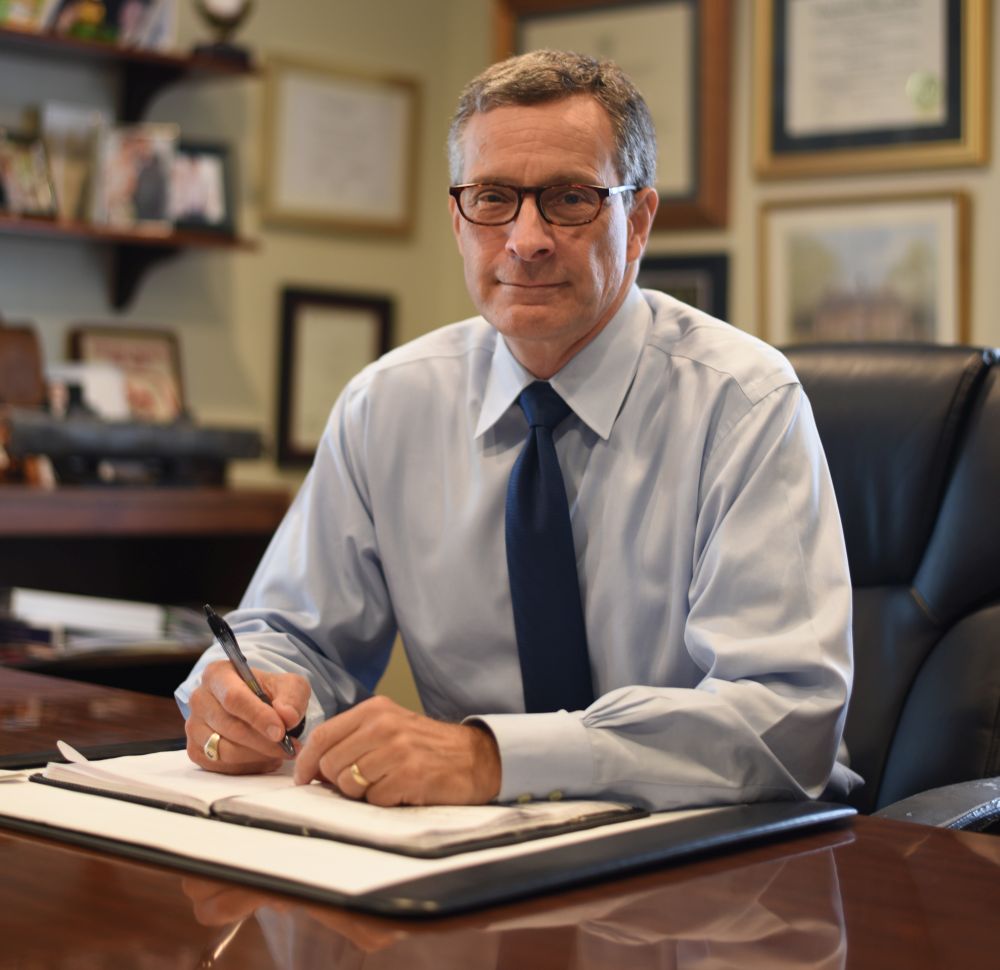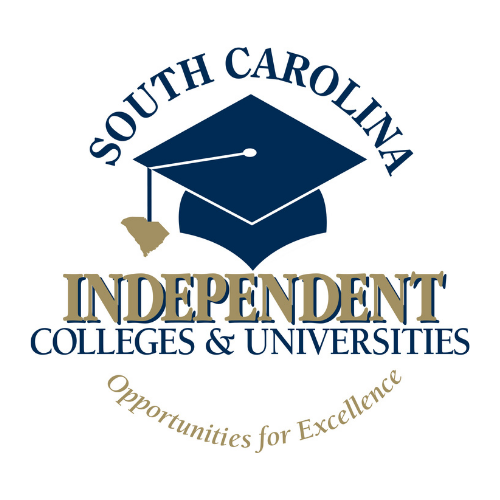
A friend of mine is fond of saying, “I can predict everything but the future,” but that is just what our campus leaders are called upon to do. Colleges and universities are in the business of preparing students for the challenges they will face. But what will those challenges be?
That is surely on the minds of students. Whereas previous generations had a pretty good idea of what to expect of their lives after college, today’s students look down a road that’s foggy with unexpected twists and turns.
For example, in 2019 the Dell Corporation forecasted in a report on technology that 85% of the jobs that will exist in 2030 haven’t been invented yet.
At the time of the report Dell was trying to look 10 years down the road. Let’s try to do the same but with a broader perspective. What will the world look like? I don’t claim to have the answers, but I’ve got a few questions:
- Will robots do our jobs? If they are, what will we be doing?
- Will we live in some sort of virtual reality?
- Will cars fly?
- Will the U.S. remain the dominant superpower?
- Will the waters be higher?
- Will we be as divided and divisive as now?
- What will a loaf of bread cost?
The scope of these questions explains why students are so anxious about the future. They simply don’t know what to expect.
On the other hand, people have not changed all that much, nor are we likely to do so. We bear the same hopes, fears, loves, and jealousies with which people wrestled 3,000 years ago, and will continue to do so. The one constant is the human experience, which is why the focus on humanities and liberal arts at our colleges and universities is so important. It is through the exploration of humanity as expressed by great thinkers and artists that SCICU member institutions produce academically and emotionally grounded graduates who are equipped to manage change in their lives by drawing strength from the enduring qualities and values that have always inspired humanity.
You might even say the more things change the more they stay the same.

